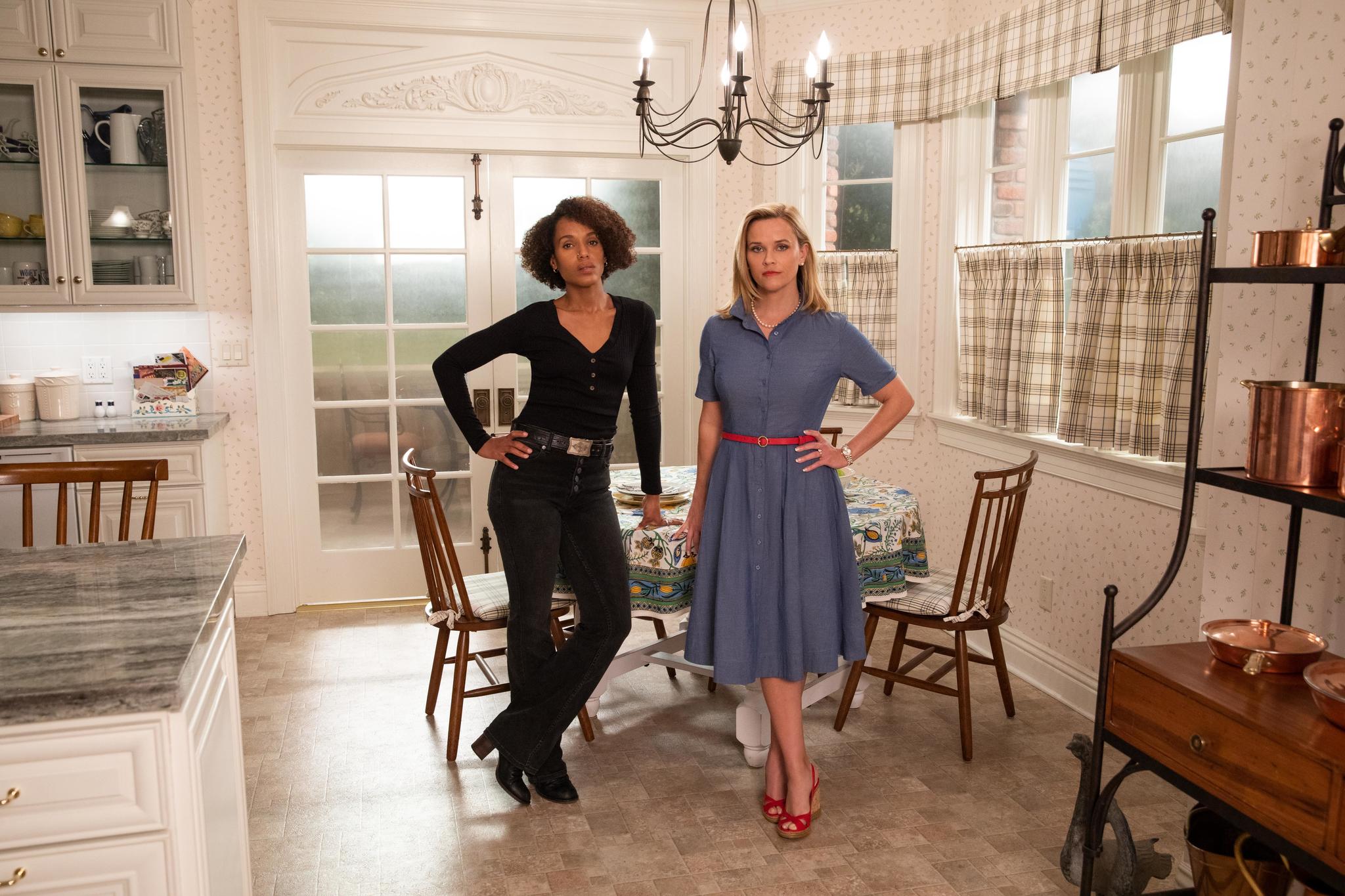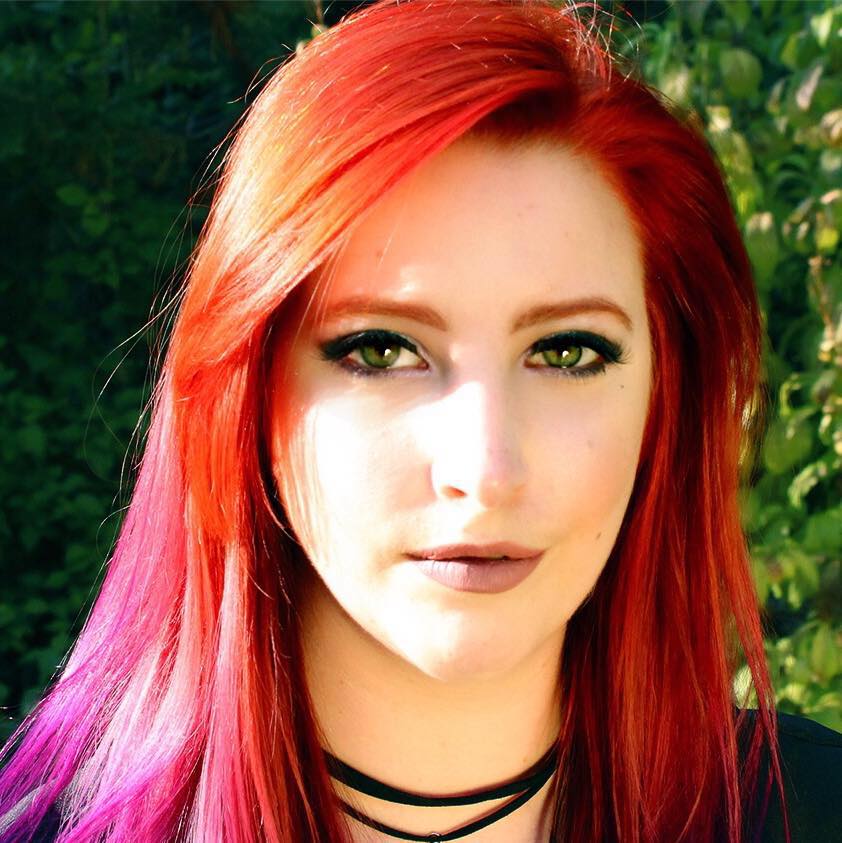
WARNING: This post contains mild spoilers for Little Fires Everywhere .
Adaptations can be a tricky thing. You have to find a way to make something unique while still paying tribute to the original source material. We see a few struggles with Little Fires Everywhere as it tries to achieve that balance, but it's not all bad. Performances shine as the ensemble cast tackles complicated source material revolving around race, gender and motherhood. Privilege plays a prominent role as we navigate through the picturesque Shaker Heights, even if a change in ending pulls a little bit from the punch.

You know what they say about the road to hell
Bottom line: Impact matters more than intent
The Good
The Bad
Little Fires Everywhere follows the lives of four key families: the Richardsons, the Warrens, the MuCulloughs and the Chows. Their narratives find themselves intricately woven together despite their different means and backgrounds. The kids just want to be kids, while their parents just want to be good parents. But the series does a good job illustrating that impact matters more than intent, and that good will only stretches so far.
While all four family narratives are important, our biggest focus is on Elena Richardson (Reese Witherspoon) and Mia Warren (Kerry Washington). Elena lives a picturesque life and wants for nothing outside of her own freedom. Mia has struggled from the jump and has one priority: her daughter, Pearl (Lexi Underwood). The two women will find themselves locked in a struggle that will bring everyone they love into the mix. Though neither is completely right all of the time, there series certainly has a clear antagonist in the well-meaning-but-actually-completely-awful Elena.
We're meant to feel sorry for Elena in the beginning. The series begins with Elena and her husband, Bill (Joshua Jackson), looking on at the ashes of their once beautiful home in shock. But we immediately hop back in time to the first moment the two women met. What unfolds between them is kind of an unstoppable force versus an immovable object kind of situation — only the unstoppable force is white guilt and a whole lot of pent up resentment versus an immovable object of impenetrable walls built after decades of hardship.
Through their complicated battle, both women lose sight of their children often.
Through their complicated battle, both women often lose sight of their children. Mia undoubtedly is the better mother despite the hardships she and Pearl have had to endure, but she often falls back on the stereotypical artists' selfishness. Elena is, well … let's just say I didn't spend a lot of time on Elena's team. I'll let you come to your own conclusions on the importance of intent and impact there.
The story does manage to tell a complex narrative in a way that's easy to follow. However, it spends a little bit too much time doing so. Little Fires Everywhere could have easily been six episodes without sacrificing anything substantive. Despite that, it is tremendously acted. Washington and Witherspoon are both unstoppable forces, and none of the supporting actors is anything to shake a stick at either. Everyone showed up knowing that they were shooting something that required high emotion, and their dedication is evident.
The latest updates, reviews and unmissable series to watch and more!
Motherhood plays a critical role in the series' plot. Little Fires Everywhere spends a lot of time asking what makes a mother, but it doesn't do a particularly good job answering the question. While I will grant that there's no real answer, said answer certainly isn't pitting one kind of mother against the other, which is exactly the corner that the show paints itself into.
<img src="https://www.cordcutters.com/sites/cordcutters.com/files/styles/large/public/field/image/2020/04/lfe_102_es_00228r.jpg?itok=RlyBVOtu" width="800" height="533" alt=Little Fires Everywhere" title="" data-source="Hulu" class="image-large image-dark fill " />
Bebe Chow (Huang Lu) and Linda McCullough's (Rosemarie DeWitt) story ties into this the hardest as birth mother battles adoptive mother over custody. But conversations of privilege and circumstance bury any chance of acknowledging that neither woman is wrong for wanting to provide their child with the best life, and that neither form of motherhood is incorrect. Mia and Elena's involvement only complicates things further, as each woman's involvement is a selfish one. Though, once again, Elena finds herself as the infinitely worse of the two.
Little Fires Everywhere spends a lot of time highlighting the dangers of the white moderate. Elena mentions the fact that she marched with the Rev. Dr. Martin Luther King, and that her mother helped integrate Shaker Heights, every opportunity she gets. But she balks at the idea of discussing politics of any kind and only supports a woman's right to choose when it serves her own purposes. The series' way of combating such things is by highlighting them rather than writing some unrealistic narrative where the people of color suddenly win and all the white folks watching can feel better about the bad behavior they see in themselves.
In the end, Little Fires Everywhere wasn't for me. While there were certainly aspects that worked, shifting the ending was to its detriment and the strong focus on motherhood without finding a way to acknowledge the most important parts of being a mom really lost me. That in mind, I think a lot of people are going to enjoy the series. It's one of those that, even while personally annoyed, I was able to see where it was going to connect with a lot of women.
Amelia is an entertainment Streaming Editor at IGN, which means she spends a lot of time analyzing and editing stories on things like Loki, Peacemaker, and The Witcher. In addition to her features and editorial work, she’s also a member of both the Television Critics Association and Critics Choice. A deep love of film and television has kept her happily in the entertainment industry for 7 years.

